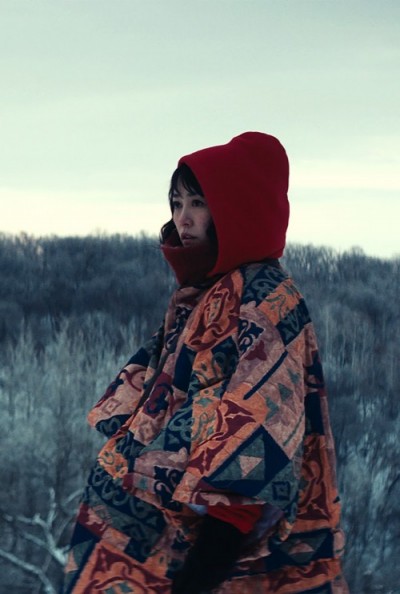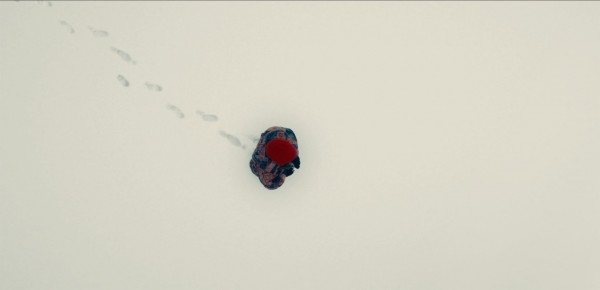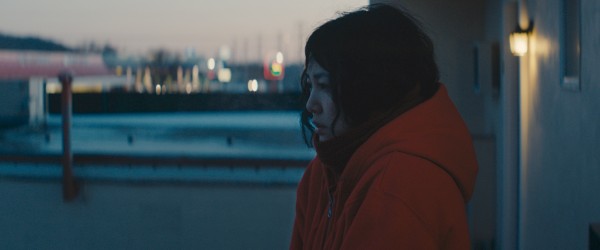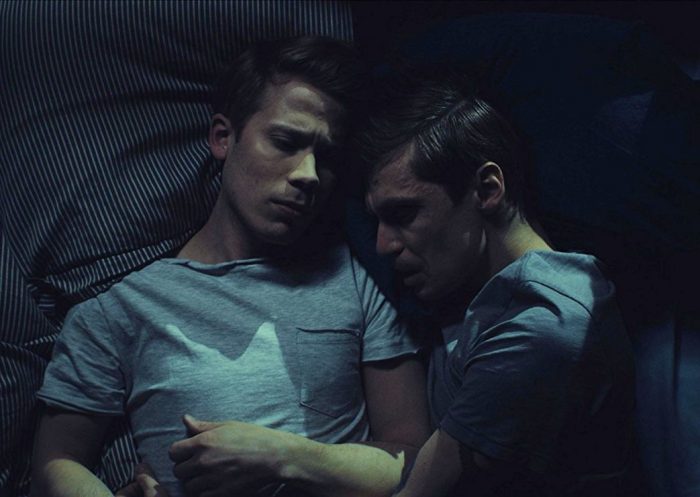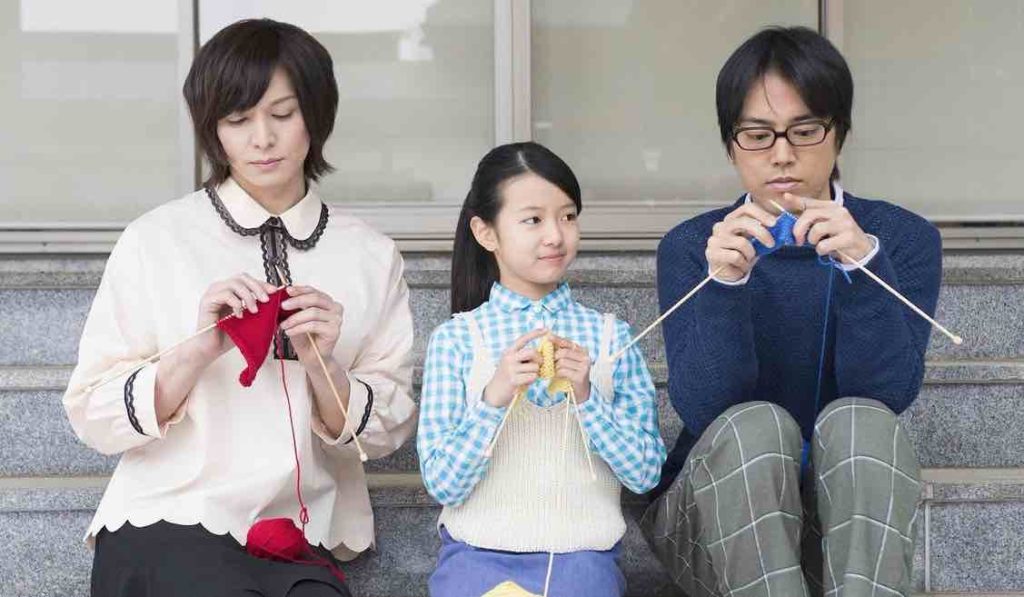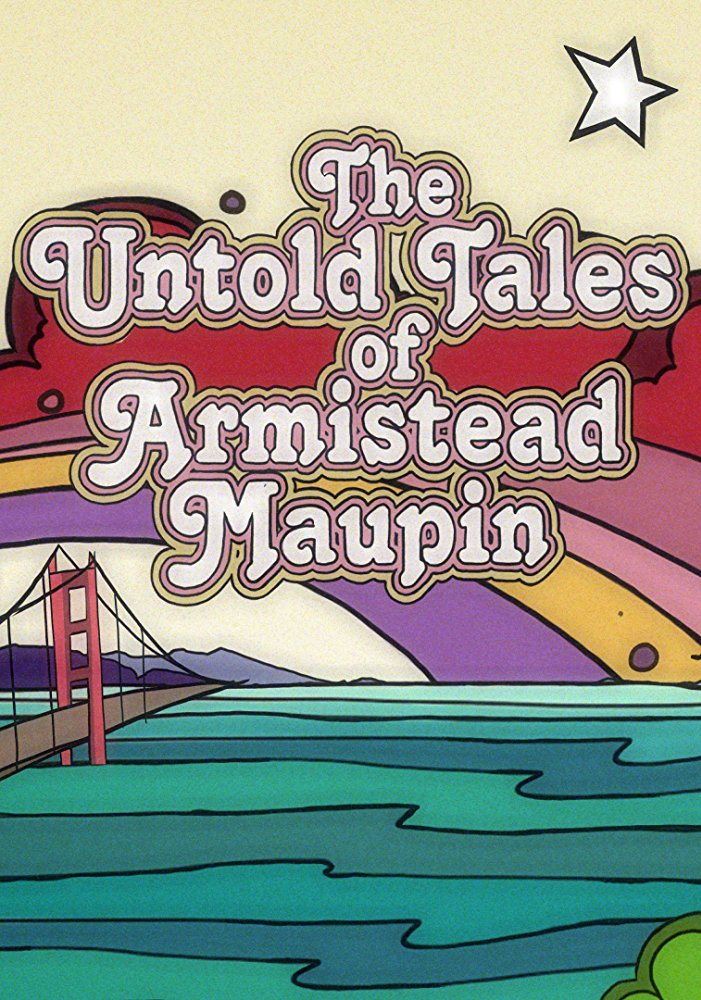Kumiko (Rinko Kikuchi) lives by herself in a dreary Tokyo flat. Her mother frequently calls to harp about her inability to find a man. When Kumiko hesitantly meets an old friend for coffee, she runs away in a panic at having to watch her young child for a few minutes as she goes to the restroom. Her boss comments that at age 29, she shouldn’t just be married, but have a full fleet of kids as well. Not to mention that her job as his personal secretary should really be held by someone much younger and prettier, anyway.
The pressures of being a woman aren’t just a focal point in Kumiko, they surround the narrative with a brute force. Kumiko’s stressors are always activated when others put her down as the lesser. She isn’t successful. She isn’t pretty. She isn’t married. She doesn’t spend ¥6,000 on eyelash treatments. She just isn’t good enough.
The only bright moments in her life are when she examines an old, beaten up copy of Fargo on VHS. The key word there is examine. She doesn’t just watch the film to be entertained, she treats it like an ancient artifact – analyzing scenes, incessantly rewinding, creating maps and diagrams with a needle and thread. All to find the suitcase full of cash that Steve Buscemi’s character buries in the snow at the end of the film. But this isn’t just a film to her. It’s the clue to finding a hidden treasure. So naturally, Kumiko steals the company credit card and flies off to Minnesota.
We’ve seen the downtrodden woman trope before in everything from Frances Ha to Bridget Jones. But what makes Kumiko different is its real, invested sympathy into the central character’s dilemma. As lofty and ridiculous as her goal may seem, she is never a target of ridicule. Kumiko’s life is a symptom of a problem of a larger scale. Kikuchi and director David Zellner have the graciousness to treat her story with genuine respect. Likely a difficult feat given the fantastical, unbelievable plot.
Kikuchi in particular deserves a lot of credit for her brilliantly subtle performance. Her often nervous, blank-faced expressions make the impression all that much greater for when she finally gives in to an emotion. Like that little glimmer of hope in her eye when she sees a familiar-looking fence in the distance. Or the mix of confusion and bliss on her face when she gives into a feeling of love. Kikuchi turns the simplest of glances into a dagger to the heart.
What makes Kumiko such an effective film, anyway? What’s there to say about a character who gives up on life and jumps head first into an unachievable fantasy? And what does Zellner have to say about depression, mental illness or the nature of art? That’s up to you as the audience to decide. Perhaps Kumiko’s journey will make you question how society treats those who are marginalized. Or possibly as the Coen brothers influenced Kumiko, Kumiko will create a stirring in some other viewer, who in turn changes their life in some other grand fashion. Anything is possible, especially with a film as fascinating, engrossing and beautiful as Kumiko, the Treasure Hunter.


